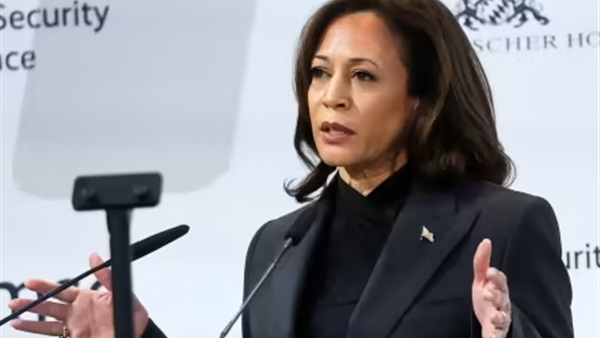Western Leaders' Pleas for Action on Ukraine Fall on Deaf Ears in African and South American Nations

African and South American leaders remain unconvinced by
Western pleas to prioritize the conflict in Ukraine, despite Western leaders'
efforts at the Munich Security Conference over the weekend to present Russia's
invasion of Ukraine as a global threat.
US Vice-President Kamala Harris and German Chancellor Olaf
Scholz both argued that Russia's actions were a violation of another country's
sovereignty and a danger to the entire world. French President Emmanuel Macron
echoed the sentiment, emphasizing that the conflict was not just a European
issue but also had neocolonial and imperialist overtones.
However, these arguments did not sway African and South
American nations, who expressed frustration that the West was dedicating
significant resources to the conflict while neglecting other pressing issues.
Brazilian Foreign Minister Mauro Vieira stressed the need to address climate
change, while Colombian Vice-President Francia Márquez called for Europe's
assistance in this regard. Namibian Prime Minister Saara Kuugongelwa-Amadhila
argued that the funds currently used for weapons could be better allocated to
promoting development in various regions of the world.
Despite the lack of support from these nations, Poland's
President Andrzej Duda called on Nato powers to guarantee postwar security to
Ukraine. Duda emphasized that such a move would be critical to the morale of
Ukrainian soldiers, underscoring the importance of Nato's support.
The Munich Security Conference was a pivotal opportunity for
Western leaders to garner support for their stance on the Ukraine conflict.
However, the lack of enthusiasm from African and South American leaders
highlights the complexity of the issue and the competing interests at play. As
the conflict enters its second year, it remains to be seen whether Western
leaders can convince the global community to prioritize the Ukraine conflict
over other pressing issues.





